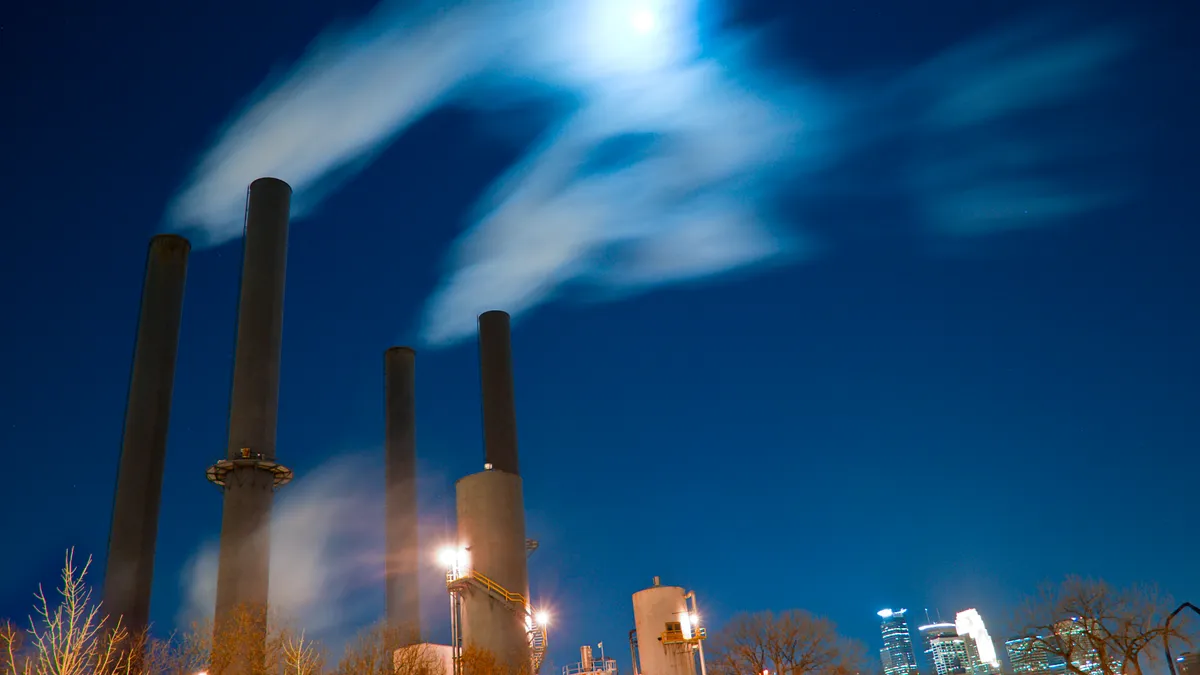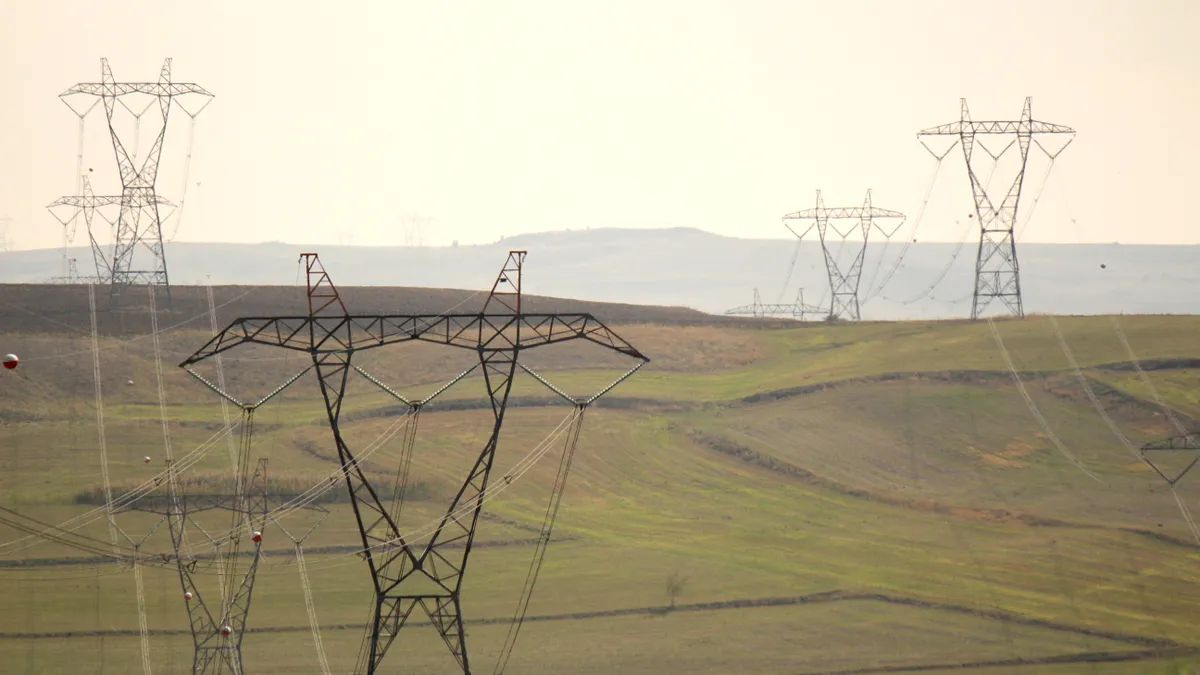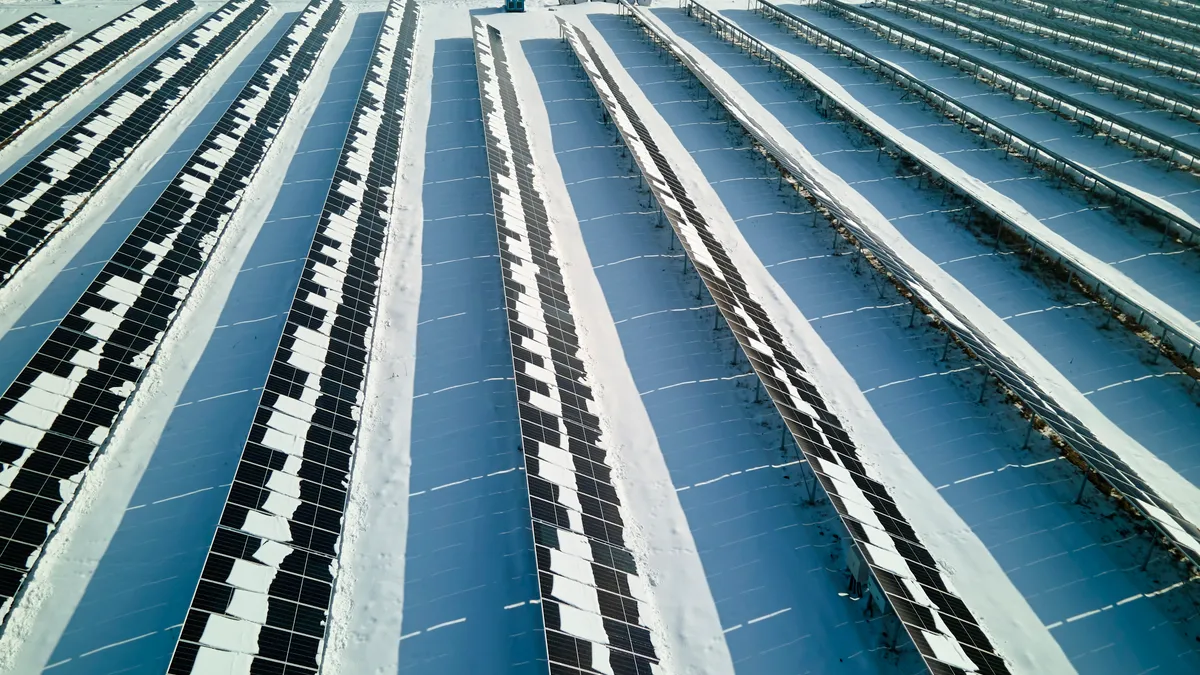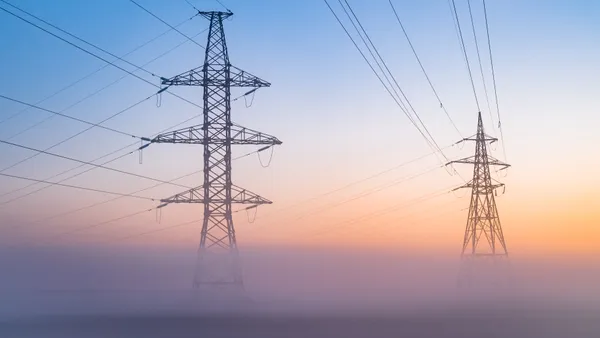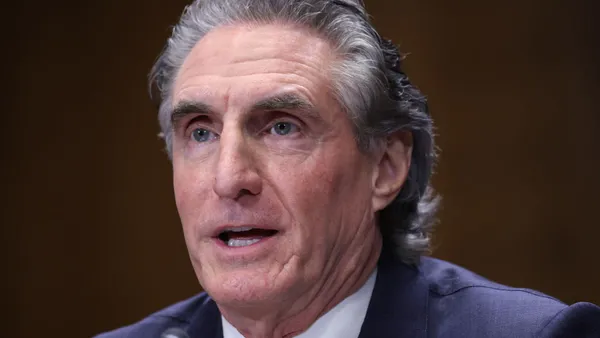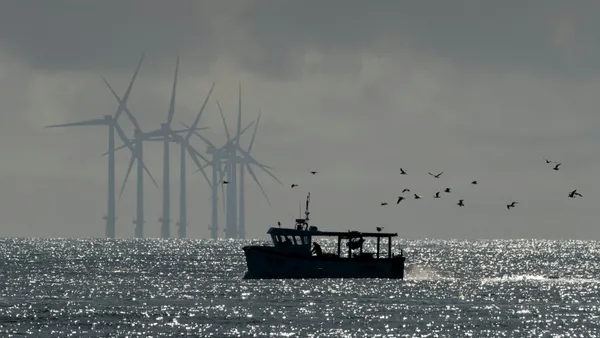Dive Brief:
- Led by New York Attorney General Eric Schneiderman (D), officials from 14 states and several cities have sent a letter to President-elect Donald Trump urging him not to scrap landmark climate rules that will cut emissions at existing power plants, the Hill reports.
- The Clean Power Plan aims to slash greenhouse gas emissions from the power sector by 32% by 2030, but Trump vowed months ago that he would dismantle the new restrictions.
- Schneiderman's letter appears to counter advice Trump's incoming administration received from more than two dozen states, outlining how the rules could be eliminated beginning on his first day in office.
Dive Insight:
More than a dozen defenders of President Obama's signature climate rule are warning Trump that attempts to dismantle the Clean Power Plan will likely lead to more court action, but that's not much of a threat considering the rule appears destined for a trip to the U.S. Supreme Court.
"To be plain, disagreements over the legality of the Clean Power Plan (or any similar rule) will have to be resolved by the judiciary one way or another," Schneiderman and other attorney generals wrote. "We advocate that you reject misguided advice that the Clean Power Plan be discarded; advice that, if followed, would assuredly lead to more litigation."
That "advice" is likely a reference to a letter from 24 state attorney generals headed by West Virginia's Patrick Morrissey to Vice President-elect Mike Pence and other Republican leaders, outlining how the rules could be dismantled.The AGs asked Trump to issue an executive order instructing the U.S. Environmental Protection Agency to not enforce the rule.
"An executive order on day one is critical," they wrote. "The order should explain that it is the Administration's view that the Rule is unlawful and that EPA lacks authority to enforce it."
The Clean Power Plan has been fiercely opposed by many states, with Morrissey leading the charge. Oklahoma Attorney General Scott Pruitt — Trump's pick to head the EPA — did not sign the letter, but has been a a vocal critic of the rule, and contributed legal expertise to the challenge of the Clean Power Plan.
The rule is currently being considered by the D.C. Circuit Court, and review by the U.S. Supreme Court, which stayed its implementation, could still happen despite the change in administration and likely energy policy.



